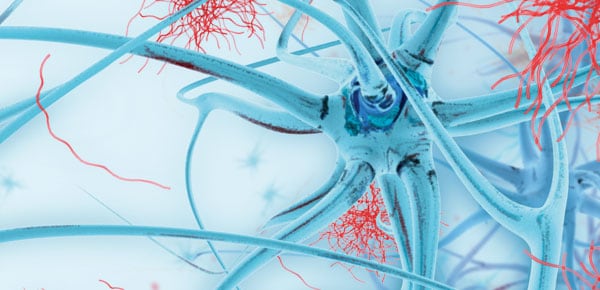


















It’s great to read about how our solutions are being used and the amazing work they support. We rounded up some recent peer-reviewed literature citing the use of Ingenuity Variant Analysis. We are thrilled to read about the many ways in which the tool and its integrated content help scientists to identify and prioritize variants from human sequencing data.
The most common cause of acquired heart disease for children, Kawasaki Disease (KD) is commonly attributed to complex genetic variants — only a small number of which have been validated, until now. This report, published in PLOS, includes the findings of a San Diego-based team that conducted whole genome sequencing (WGS) on an African American family of six with two affected children. The team used Ingenuity Variant Analysis to identify the CAG10 variants of Tier 1 genes and to perform tertiary analysis of variant call format files. Ultimately, this analysis enabled the team to associate genetic variation in TLR6 with susceptibility to KD.
When seeking the cause of early onset cerebellar ataxia, a Qatar-based group of researchers focused on a large consanguineous family in which members displayed autosomal recessively-inherited cerebellar ataxia, manifesting before age 2. The team used WGS rather than exome sequencing to reveal an associated point mutation in noncoding RNA RNU12, and published their findings in Annals of Neurology. The report included several mentions of Ingenuity Variant Analysis, including a detailed graphic identifying causal variants in the study. Ultimately, the team credited the benefit of conducting WGS in finding the causative mutation, and alluded to an improved understanding and potentially new therapeutic approaches to neurodegeneration.
Earlier in May, a group of researchers based in Germany and Turkey looked at which mutations might cause left-handedness — the most pronounced behavioral asymmetry in humans. They used whole exome sequencing on a Turkish family with a strong history of left handedness, then Ingenuity Variant Analysis to conduct quantitative trait analysis. Though this revealed rare variants on 49 loci on 26 genes, the biological significance for handedness remained unclear to the team. In their findings, published in the May issue of Symmetry, the team concluded that left-handedness was the result of complex polygenic and/or epigenetic factors, confirming the results of similar studies undertaken previously.
Kids with primary adrenal insufficiency (PAI) have reduced life expectancy; the condition can even be fatal. A team based in England and Argentina focused on an extended, consanguineous family with four PAI-affected people, two of whom also had steroid-resistant nephrotic syndrome. Scientists used exome sequencing to conduct their research, using Ingenuity Variant Analysis and assessing SNPs with threshold coverage of at least 10 reads. Ultimately, they identified four homozygous mutations, and reported their results in the Journal of Clinical Investigation.
Has a QIAGEN Bioinformatics tool been helpful in your research? We’d love to hear about it! If you’d like to request a trial, just click here.